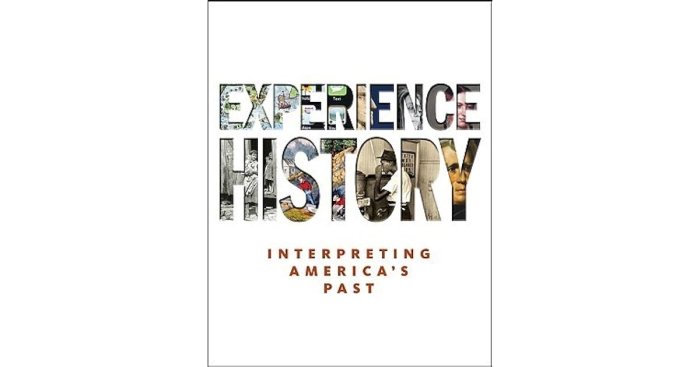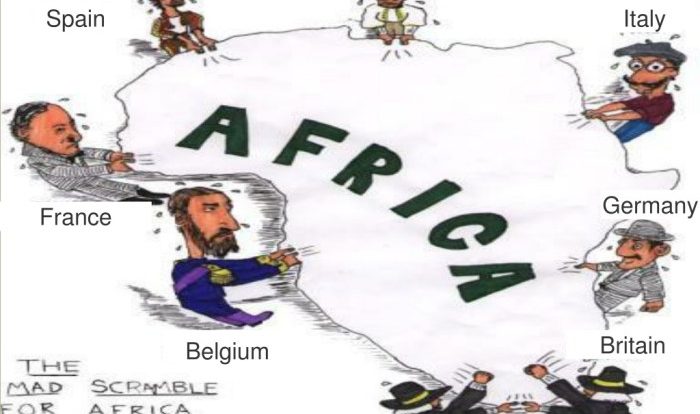Experience history interpreting America’s past offers a unique lens through which we can explore the complexities of our nation’s history. By delving into the lived experiences of individuals and communities, we gain a deeper understanding of the forces that have shaped our present.
This approach challenges traditional historical perspectives and provides a more inclusive and nuanced account of American history.
Defining the Scope of Experience History

Experience history is a field of study that examines the lived experiences of individuals and groups in order to understand the past. It is based on the belief that personal experiences can provide valuable insights into the social, cultural, and political forces that have shaped history.
There are many different types of experiences that can be included in an experience history, including:
- Personal narratives
- Oral histories
- Diaries and letters
- Material culture
- Archaeological evidence
Historical Perspectives on Interpreting America’s Past
The interpretation of America’s past has been shaped by a variety of historical perspectives, including:
- The Whig interpretation, which emphasizes the progress and development of American society
- The Progressive interpretation, which focuses on the role of social and economic factors in shaping American history
- The New Left interpretation, which emphasizes the role of race, class, and gender in American history
- The postmodern interpretation, which challenges the traditional notions of history and truth
Methodologies for Analyzing Experience History
There are a variety of methodologies that can be used to analyze experience history, including:
- Narrative analysis
- Content analysis
- Discourse analysis
- Historical ethnography
- Archaeological methods
Each of these methodologies has its own strengths and limitations, and it is important to use multiple methodologies to gain a comprehensive understanding of the past.
Case Studies of Experience History
There are a number of case studies that demonstrate the use of experience history in interpreting America’s past, including:
- The study of the Underground Railroad by Eric Foner
- The study of the American Revolution by Alfred Young
- The study of the Civil War by James McPherson
- The study of the Great Depression by Studs Terkel
- The study of the Vietnam War by Marilyn Young
Challenges and Opportunities in Experience History, Experience history interpreting america’s past
There are a number of challenges associated with using experience history to interpret America’s past, including:
- The difficulty of finding and collecting reliable sources
- The challenge of interpreting sources in a way that is both accurate and meaningful
- The danger of bias and subjectivity
Despite these challenges, experience history offers a valuable way to understand the past. It can provide insights into the lives of ordinary people and help us to see the past from their perspective.
Question Bank: Experience History Interpreting America’s Past
What is experience history?
Experience history is a field of historical study that focuses on the lived experiences of individuals and communities. It seeks to understand the past through the lens of those who experienced it.
How does experience history differ from traditional historical approaches?
Traditional historical approaches often rely on written documents and other official records. Experience history, on the other hand, incorporates a wider range of sources, including oral histories, diaries, letters, and other personal accounts.
What are the benefits of using experience history to interpret America’s past?
Experience history provides a more inclusive and nuanced understanding of American history. It allows us to hear from voices that have often been marginalized in traditional historical narratives.

